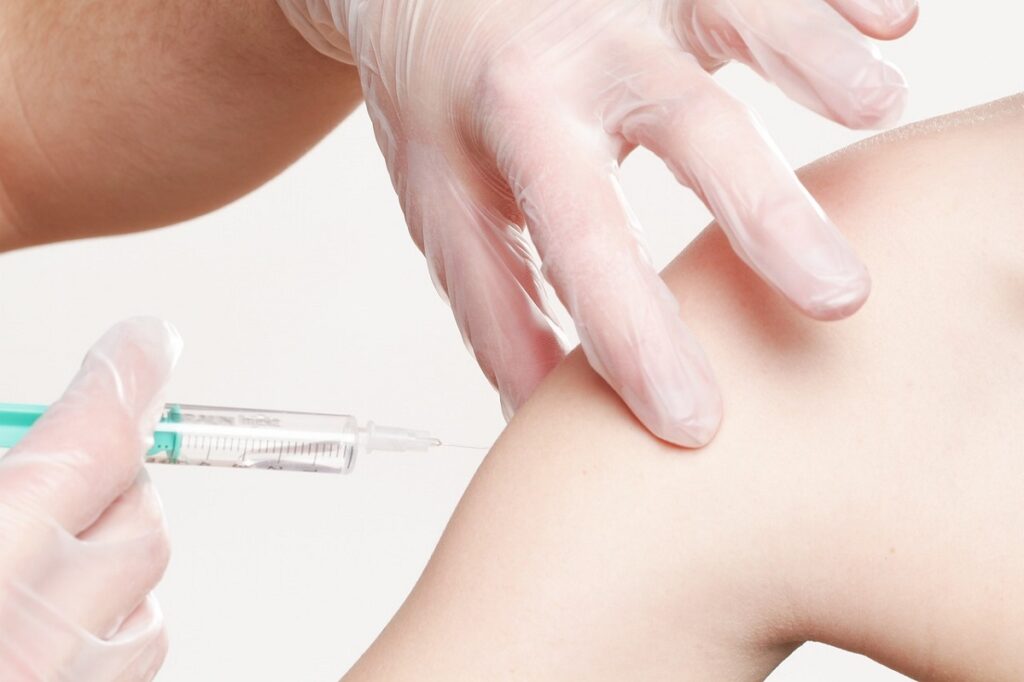The intellectual property protections that enabled the record-setting development of COVID-19 vaccines and treatments require rigorous federal protection, says the Biotechnology Innovation Organization (BIO) in its 41-page contribution to the annual U.S. Trade Representative (USTR) report on IP.
USTR’s “Special 301” report is the agency’s review of IP protection and enforcement worldwide. USTR collects submissions from stakeholders, such as BIO, to compile the report, typically released in the spring of each year.
“IP-enabled innovations contribute to the robust strength of the U.S. economy and propel the quintessentially American entrepreneurial spirit, which is the hallmark of the biotech sector, promoting economic development across sectors and leading to inclusive and high-paying jobs for American workers,” BIO states.
Strengthening the global policy environment for commercializing IP-enabled innovations should, therefore, be a cornerstone of the Build Back Better agenda.
BIO outlines global challenges to IP
In its comments to USTR, BIO outlined several challenges to IP protections. They include:
- Compulsory licenses that effectively eliminate patents in some countries
- Forced localization of R&D, manufacturing, or other operations in exchange for selling drugs in a country
- Disclosure of confidential commercial data submitted to regulatory authorities
- Obstacles to obtaining patents
- Legal difficulty in enforcing patents
BIO recommends 11 countries for USTR’s Priority Watch List: Argentina, Brazil, Canada, Chile, China, Colombia, India, Indonesia, Japan, Mexico, and South Korea.
As BIO explains, protecting IP is essential to “the innovative capacity of the bioscience sector to address global challenges from human health, to food production and security, to clean energy and sustainability.”
“A robust global IP system is core to this innovation and economic growth and is consistent with a worker-centric U.S. trade policy that prioritizes American workers and jobs,” says BIO.
BIO believes that swift and meaningful U.S. government engagement is necessary to promote U.S. jobs, entrepreneurship, and U.S. leadership in the life sciences. Strong USTR action addressing these IP issues is consistent with a worker-centric trade policy and is foundational to the successful implementation of the Build Back Better agenda, per the report.
USTR’s 2022 Special 301 report placed 27 countries on the Priority Watch List or Watch List.




